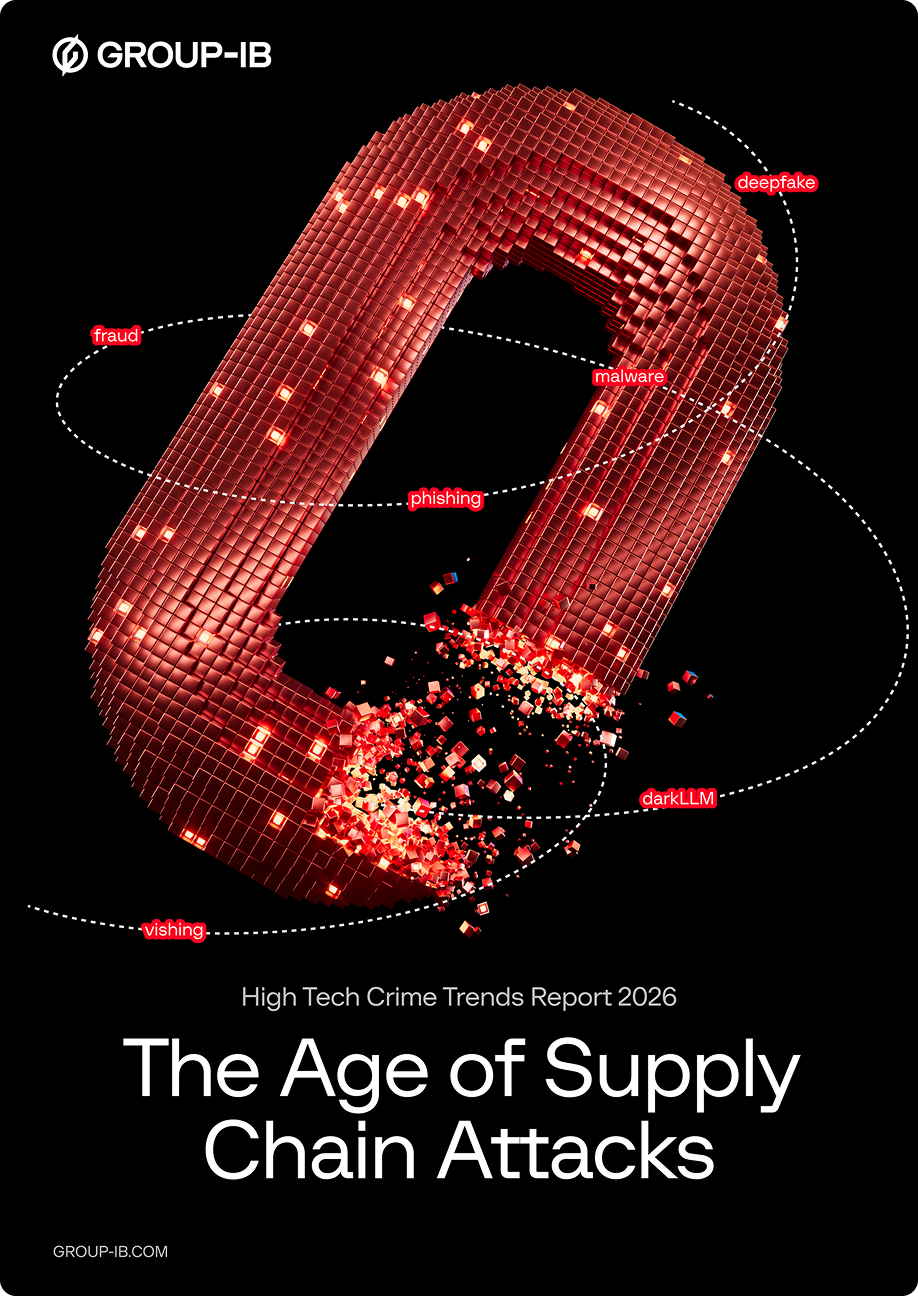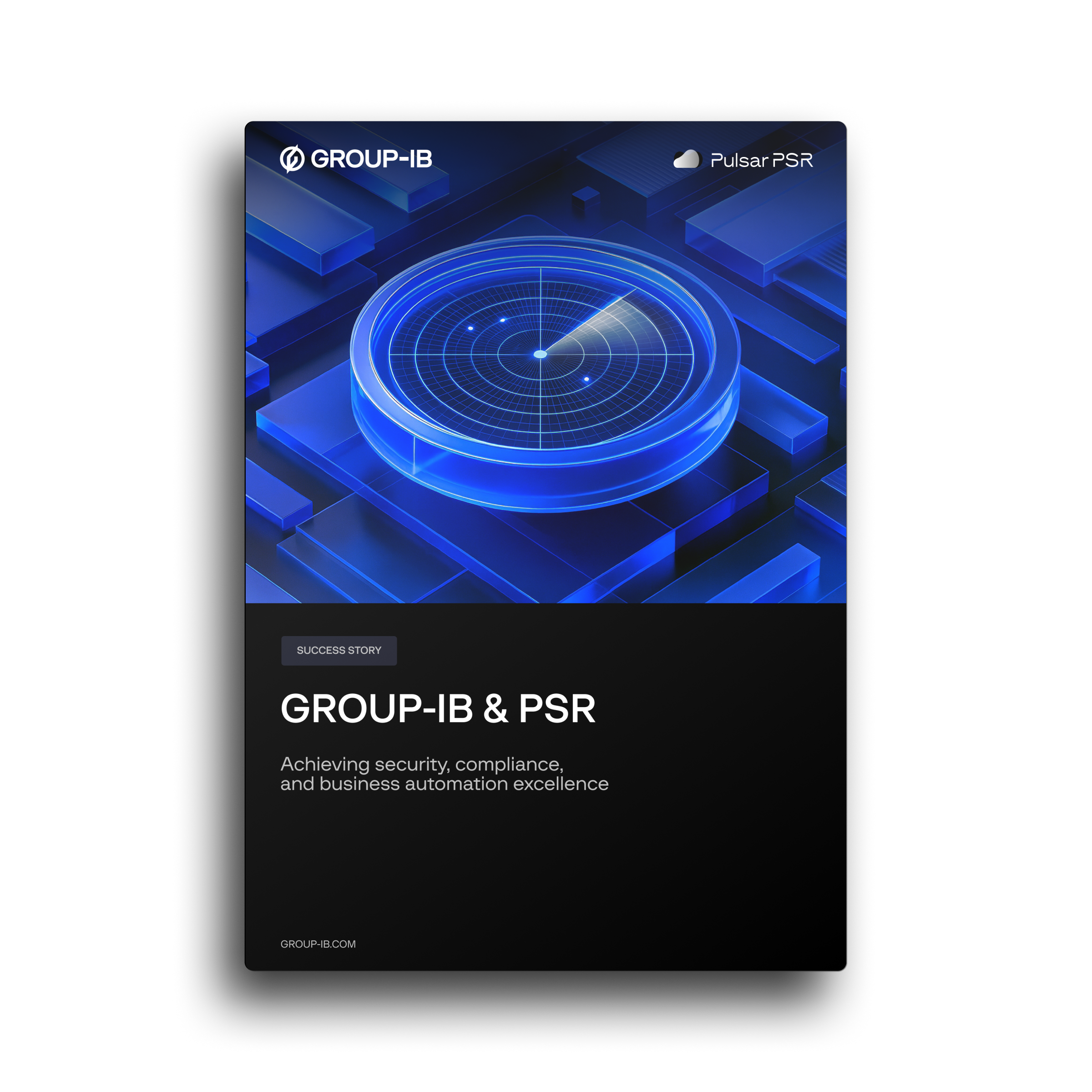Background
PSR IT Solutions, headquartered in Dubai, develops payment terminals and business automation software, offering cloud-based solutions for managing sales, logistics, and fintech infrastructure. The company helps retailers and payment providers automate their operations to a level previously only accessible to large enterprises. It also enables banks to deepen their engagement with merchants beyond traditional acquiring services.
The launch of Pulsar SoftPOS marked a major milestone for PSR. The software-based payment solution transforms any Android smartphone into a secure, contactless payment terminal — providing a fast, flexible, and affordable alternative to traditional hardware terminals. Yet with innovation came new challenges: ensuring that security met regulatory requirements and that the solution could withstand real-world attacks in highly dynamic, user-controlled environments.


























